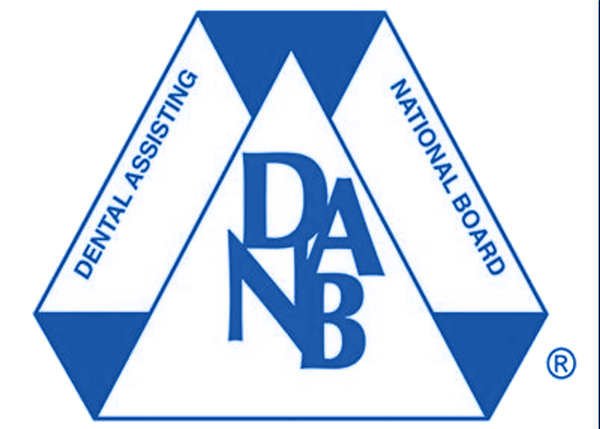Prepare for the Certified Dental Assistant (CDA) Exam Online
Clinical Dental Assistant FAQs
Clinical dental assistant jobs vary based on the dental office and the state your work in. Typical duties include preparing patients for treatment, sterilizing tools, instructing on proper dental hygiene, passing instruments to the dentist during procedures, keeping records of treatments, scheduling appointments and processing x-rays.
Most clinical dental assistant training programs can be completed in one year or less. This does not include the time you will spend working in an externship or similar position to gain experience in the field. It also does not include the required two years of work experience you will need to become certified.
To become a Certified Dental Assistant, you will need to pass the three components of the Dental Assisting National Board (DANB) Certification Exam and meet the Board’s work experience requirements. You will need to pass the Radiation Health and Safety, Infection Control, and General Chairside components of the DANB Certification Exam as well as complete at least two years of work experience (or a minimum of 3,500 hours accrued over a two to four year period).
Most dental assistants work a full-time schedule of 40 hours per week, however there are some dental assistants that work part-time. Many of the hours will be worked during the day, but depending on your dental office, you may be asked to work some evenings or weekends.
Almost all clinical dental assistants work in dental offices under the supervision of dentists, though some may find employment with the government or in physicians’ offices. Dental assistants work very closely with dental hygienists. In this position, you will be on your feet for large portions of the day and wear surgical masks, safety goggles, gloves, and protective clothing to prevent the spread of infectious diseases.
While both roles are important components of the dental staff, an administrative dental assistant focuses more on the office's administrative tasks, such as greeting patients, collecting patient information, filling out medical forms, organizing office records, and other clerical tasks. On the other hand, a clinical dental assistant helps dentists and dental hygienists with treatment procedures, sterilization and disinfection of dental tools, patient charting, taking vital signs, processing quality radiographs (x-rays), and more.


